While most of the Bay Area doesn’t experience the heavy snow and extreme cold of other regions, temperatures can still dip low enough during the winter to put your home’s plumbing at risk.
Frozen pipes are not only inconvenient but can also lead to costly repairs if they burst. Here are practical steps you can take to protect your pipes during those chilly nights.
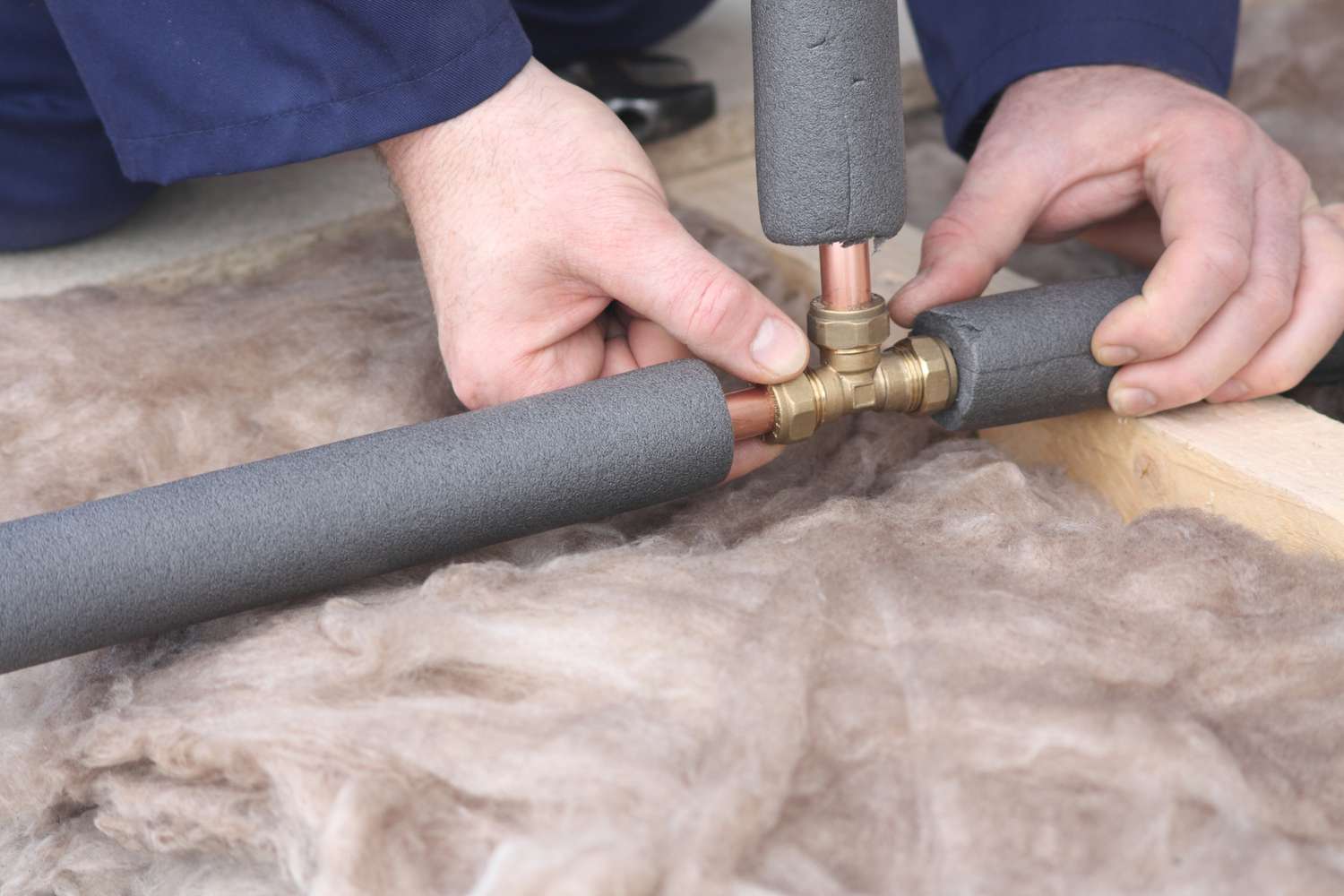
1. Insulate Your Pipes
Exposed pipes, especially those in unheated areas like garages, crawl spaces, or outdoor walls, are most vulnerable to freezing. To prevent this:
Use pipe insulation sleeves or foam tubing to cover exposed pipes.
For additional protection, wrap pipes with heat tape or heat cables (ensure they are UL-certified for safety).
Don’t forget to insulate outdoor faucets and hose bibs with faucet covers or insulation kits.
Pro Tip: Double-check that all insulation is snug and secure. Even small gaps can let cold air sneak in and put your pipes at risk.
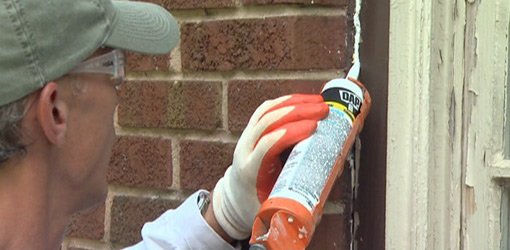
2. Seal Gaps and Cracks
Cold air can enter through gaps in walls, floors, and foundations, increasing the likelihood of frozen pipes. Inspect your home for:
Cracks near pipes that lead outdoors.
Gaps around windows, doors, and vents.
Seal these openings with caulk, weather stripping, or expanding foam to keep cold air out.
Pro Tip: Use a flashlight to inspect for hidden gaps—the light will shine through areas where cold air can enter.
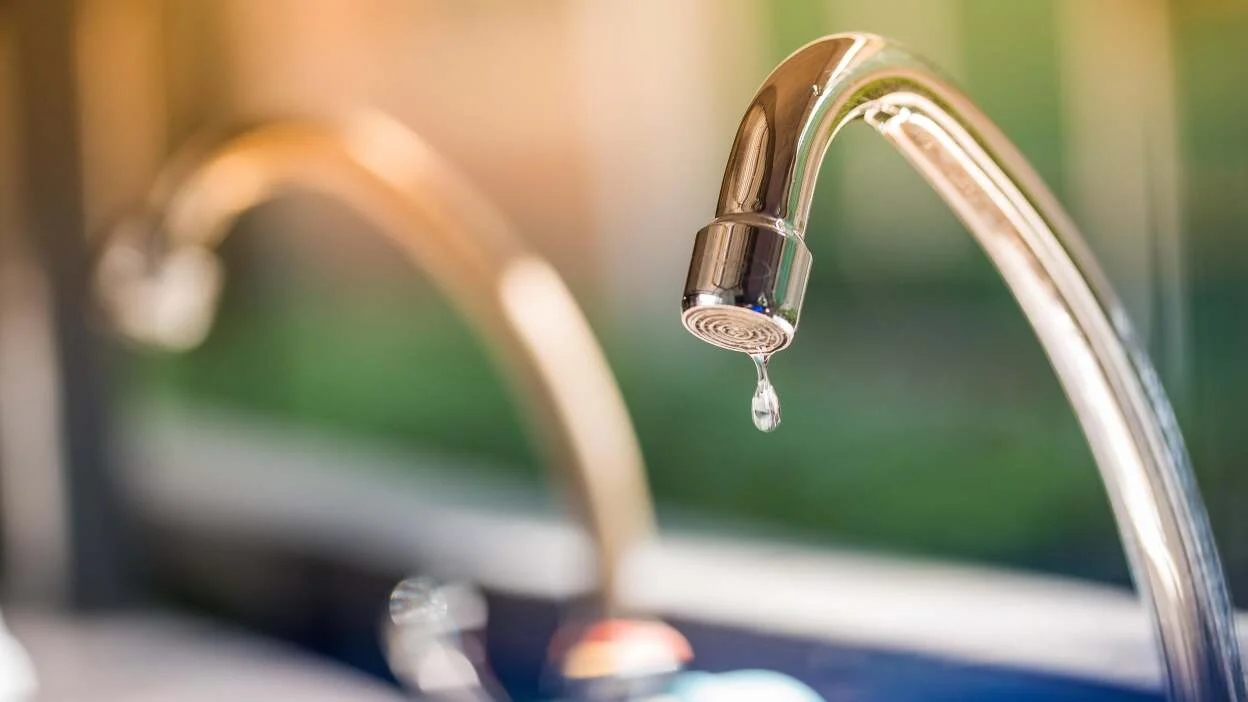
3. Keep a Slow Drip
Running water is less likely to freeze. During particularly cold nights:
Let a small trickle of water flow from faucets connected to exposed pipes.
Focus on faucets farthest from your main water shutoff valve, as this keeps water moving through the entire system.
Pro Tip: Use the cold water setting to prevent unnecessary wear on your water heater while still protecting your pipes.
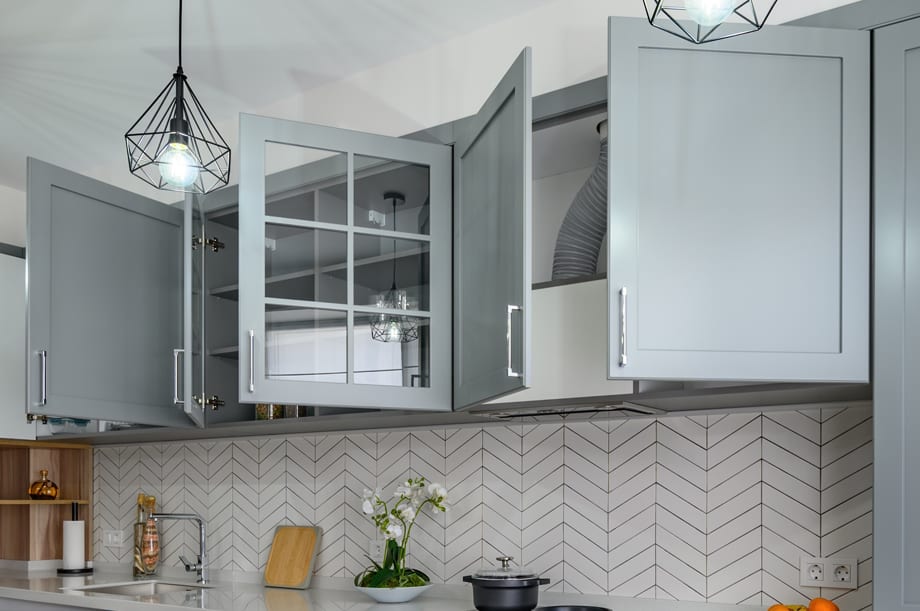
4. Open Cabinet Doors
Pipes under sinks are often located against exterior walls, where temperatures are cooler. To help warm air circulate:
Open cabinet doors in kitchens and bathrooms.
Keep the room’s temperature consistent by setting your thermostat to at least 55°F, even when you’re not home.
Pro Tip: Remove any cleaning chemicals or hazardous materials from under the sink to keep them out of reach of children or pets.
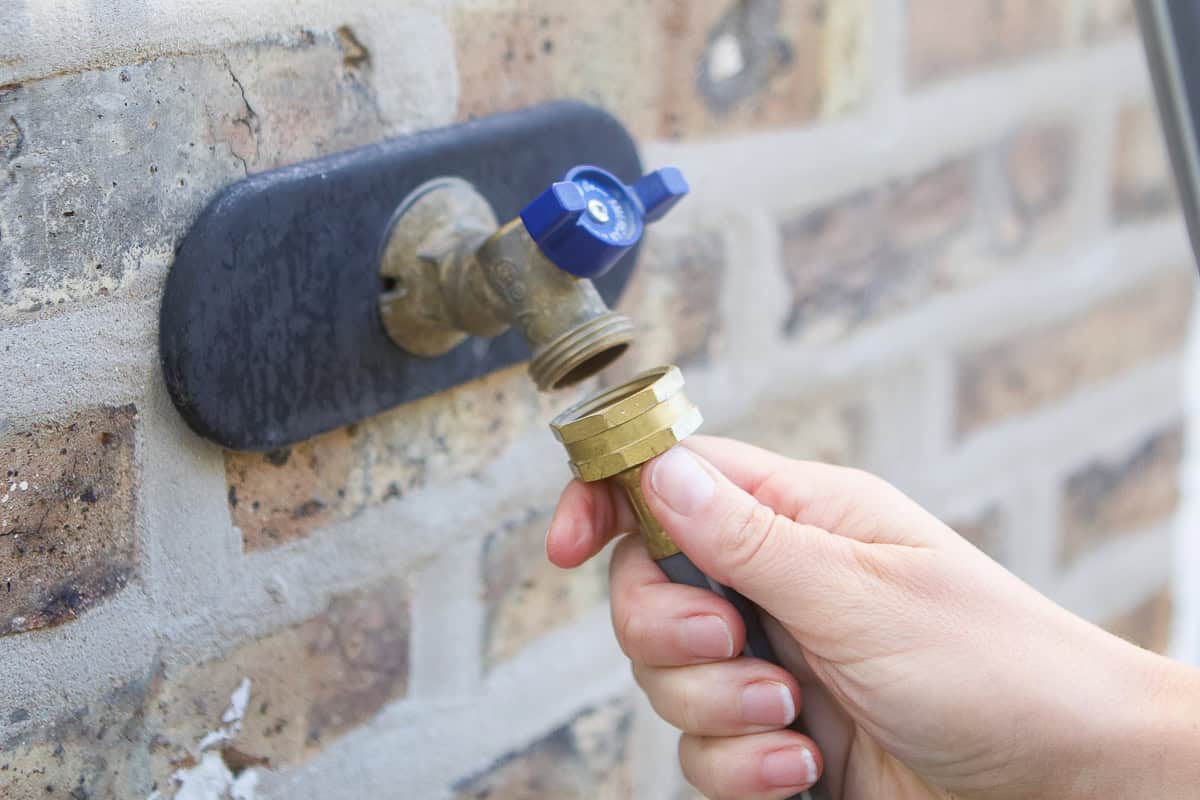
5. Disconnect Hoses and Shut Off Outdoor Water
Garden hoses left connected to outdoor faucets can trap water and cause freezing. To prevent this:
Disconnect and drain hoses, then store them indoors.
Shut off the water supply to outdoor faucets if you have a separate valve.
Drain any remaining water from the faucet by opening it after shutting off the valve.
Pro Tip: Invest in frost-proof outdoor faucets to eliminate the risk of freezing altogether.
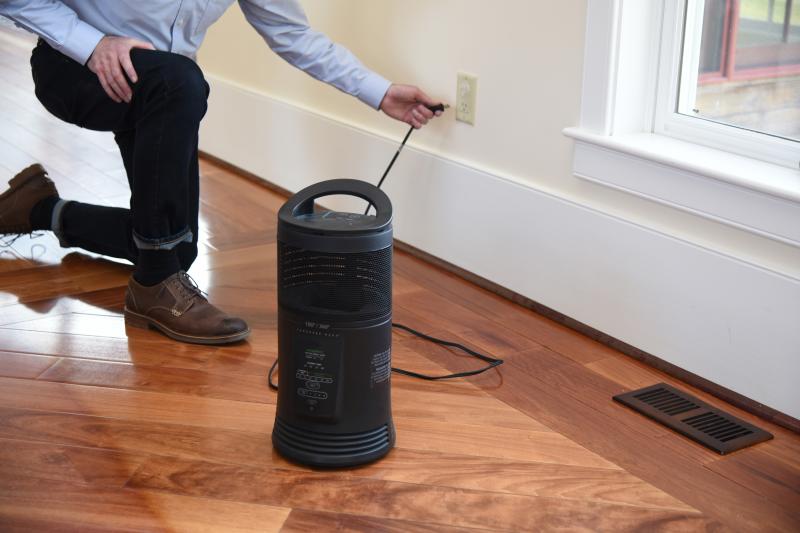
6. Use Temporary Heating
If temperatures are expected to drop significantly:
Use portable space heaters in areas where pipes are exposed, like garages or basements.
Keep heaters at a safe distance from flammable materials and never leave them unattended.
Pro Tip: Consider installing a permanent heat source, like a garage heater, for long-term protection against cold weather.
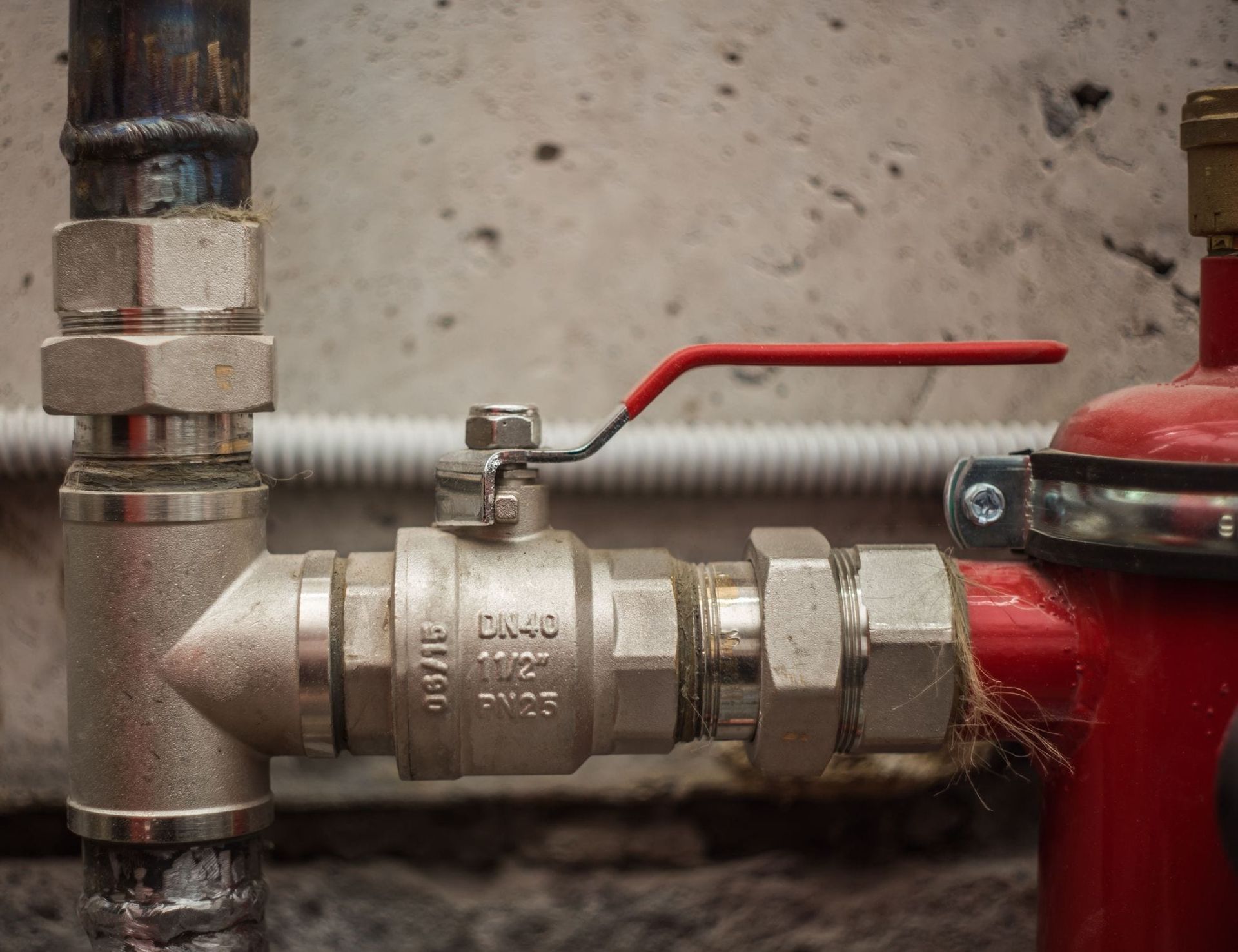
7. Know How to Shut Off Your Water
In the unfortunate event of a frozen or burst pipe, knowing how to quickly shut off your water can minimize damage. Locate your home’s main water shutoff valve and ensure it’s easy to access.
Pro Tip: Attach a brightly colored tag to your shutoff valve for quick identification during an emergency.
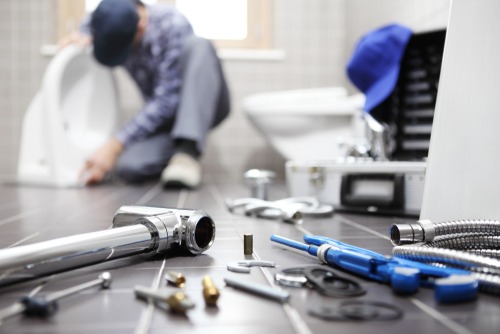
8. Plan Ahead with Preventative Maintenance
The best way to avoid frozen pipes is through regular plumbing maintenance:
Schedule an annual inspection with a professional plumber to check for vulnerabilities in your system.
Repair any leaks or damaged pipes before winter arrives.
Pro Tip: Ask your plumber about smart water monitors that alert you to leaks or unusual water usage, even when you’re not home.
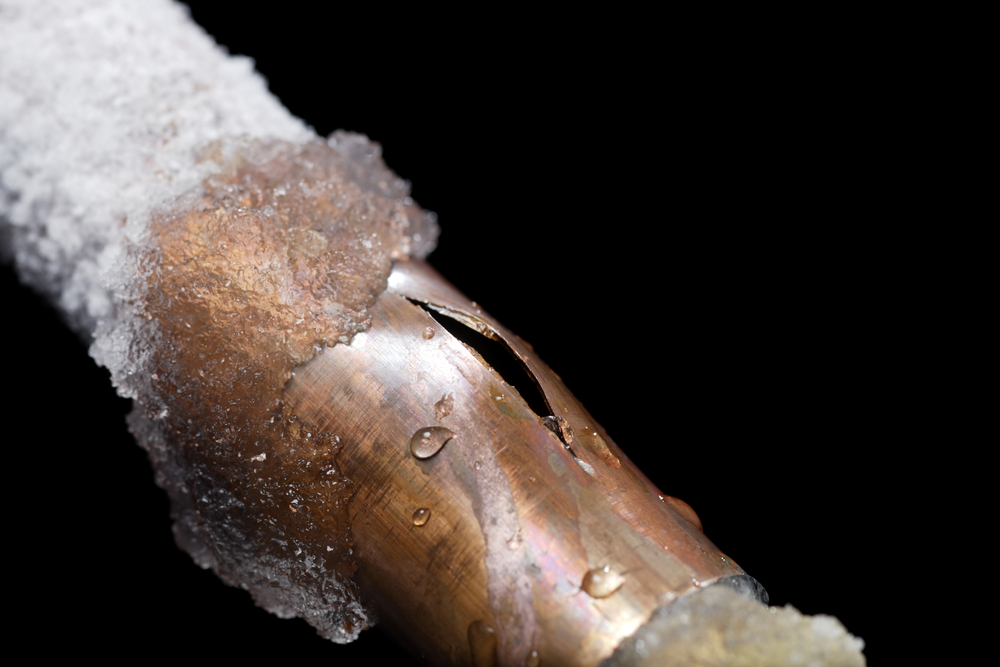
What to Do If Your Pipes Freeze
Despite your best efforts, pipes can still freeze. If this happens:
Turn off the water supply immediately to prevent further damage.
Use a hairdryer, heating pad, or warm towels to gently thaw the frozen section of the pipe. Never use an open flame.
If you can’t locate the frozen section or it’s inaccessible, call a professional plumber for assistance.
Stay Prepared and Protected
Taking these steps can help you avoid the stress and expense of frozen pipes during the colder months. If you’re unsure about your home’s plumbing or want expert advice, Venture Plumbing is here to help.
Contact us for an inspection or to address any plumbing concerns that come up from the cold weather
Stay warm!

